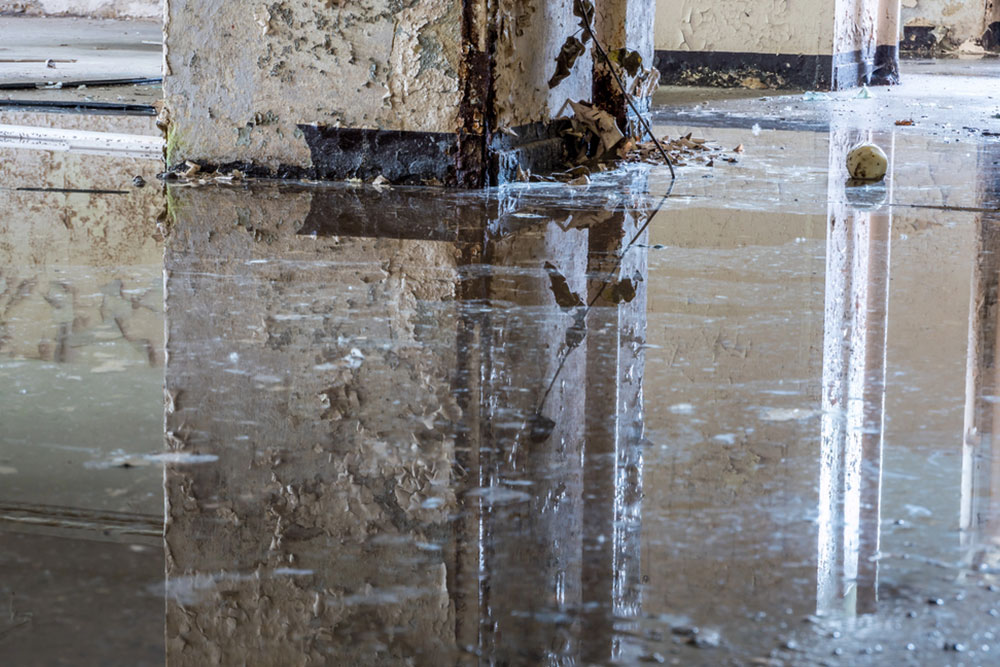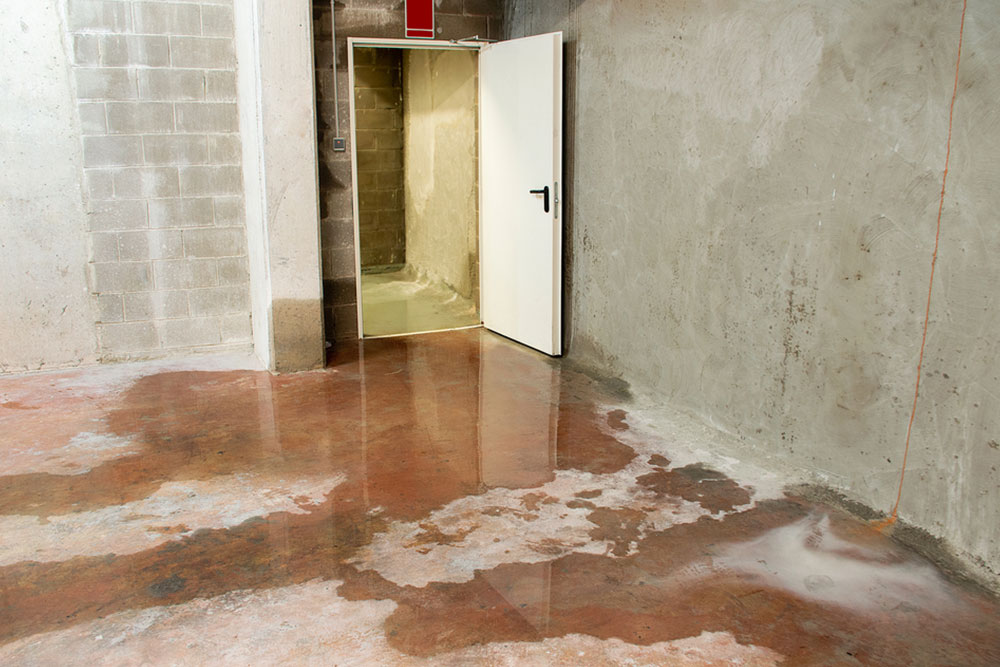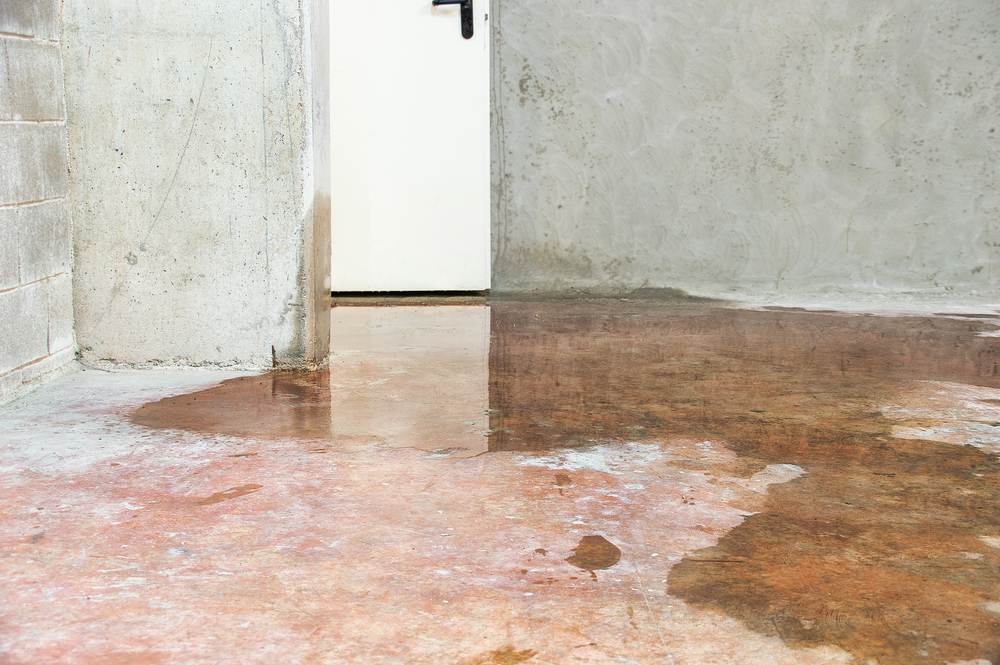Will Insurance Cover A Flooded Basement? What Homeowners Should Know
Book today with Z PLUMBERZ of North America.
Basement flooding can lead to significant damage, disrupting daily life and leading to expensive repairs. Whether caused by a burst pipe, a storm surge, or heavy rainfall, flooding in the basement is a homeowner’s nightmare.
Many wonder if their insurance policy will cover the costs associated with cleaning and restoring a flooded basement. The answer depends on several factors, including the source of the flood, the type of insurance you have, and any additional coverage you may have added to your policy.
In this article, we will break down the situations in which your insurance will cover a flooded basement, the types of damages typically covered, and when you will need additional policies to protect your home.
By understanding the limits and coverage options of your homeowners’ insurance, you can make informed decisions on how best to protect your property.

Understanding Homeowners Insurance Coverage for Water Damage
Homeowners’ insurance is designed to cover various types of property damage, but when it comes to water damage, there are limitations. Most homeowner’s policies cover damage caused by sudden and accidental events, such as a burst pipe or appliance malfunction.
However, when it comes to basement flooding caused by natural disasters or issues like sump pump failure, coverage is less likely to apply.
Covered Scenarios: Burst Pipes and Appliance Leaks
A typical homeowner’s insurance policy will cover water damage caused by an unexpected incident, such as a burst pipe or appliance malfunction. For example, if a pipe bursts in the basement, causing water to flood the area, your homeowners’ insurance may cover the cost of repairing the pipe and replacing damaged items.
The same goes for appliances in your basement, such as washing machines, dishwashers, or water heaters. If one of these appliances leaks unexpectedly and causes water damage, your homeowners’ insurance may help cover the cost of cleanup and repairs.
However, it is important to note that the damage must be sudden and accidental. Water damage due to neglect or poor maintenance, such as old, rusted pipes or appliances, is typically not covered.
Water Damage from Putting Out a Fire
Another situation where homeowners’ insurance may cover water damage in the basement is if the water is the result of extinguishing a fire. If a fire breaks out in your home and the basement is affected by water used to put out the fire, the damage will likely be covered under your policy.
This includes damage to the structure and any personal belongings stored in the basement. In this case, the water damage is considered a consequence of an insured event (the fire), making it eligible for coverage.
What Homeowners Insurance Typically Does Not Cover
Although homeowners’ insurance can help with many types of water damage, there are several scenarios where it will not apply. The most common exclusions involve flooding caused by natural disasters, as well as specific maintenance issues that are the homeowner’s responsibility.
Flooding from Weather Events
One of the most significant exclusions in a typical homeowner’s policy is damage caused by weather-related flooding. This includes flooding caused by storm surges, heavy rainfall, or snowmelt. If your basement floods due to a natural disaster or extreme weather event, your homeowners’ insurance will not cover the cost of repairs. This is one of the main reasons why many homeowners in flood-prone areas are encouraged to purchase additional flood insurance.
Flood damage is treated differently from other types of water damage. It usually requires a specialized flood insurance policy, which is not included in standard homeowners coverage. Homeowners who live in areas with a high risk of flooding, such as near rivers or in low-lying areas, are often required by their mortgage lender to carry flood insurance.
Sewer and Sump Pump Failure
Another common exclusion is water damage caused by a sewer backup or sump pump failure. If your basement floods because your sump pump fails during a heavy rainstorm, or if there is a backup in your sewer line, your standard homeowners’ insurance will likely not cover the damage. However, some insurance companies may offer endorsements (add-ons) that specifically cover sump pump failure or water backup.
If you are concerned about this type of water damage, it is worth checking with your insurance provider to see if you can add sump pump or water backup coverage to your policy. This is especially important for homeowners who live in flood-prone areas or who have basements that are susceptible to water damage.
Groundwater Seepage and Poor Drainage
In some cases, homeowners may experience flooding due to groundwater seepage, which happens when water rises from the ground and enters the basement. This type of flooding is generally not covered by homeowners’ insurance because it is considered a maintenance issue.
If your basement floods due to poor drainage, cracked foundations, or improperly installed drainage systems, you will likely be responsible for the costs of cleanup and repairs.
This is why it is so important to take proactive steps to maintain your home’s drainage system and address any potential issues before they become major problems.
Neglect and Maintenance Issues
Homeowners’ insurance policies also do not cover damage caused by neglect or failure to maintain your property. If you neglect to address small plumbing leaks or fail to replace aging pipes, and those issues lead to water damage in your basement, your insurance may deny the claim.
Most insurance providers expect homeowners to maintain their property and prevent damage that could result from neglect.
When Do You Need Flood Insurance?
If your home is located in an area at high risk of flooding, it is important to understand that flood damage will not be covered by a standard homeowners’ policy. Flood insurance is a separate policy that protects your home against water damage caused by natural disasters, such as heavy rain, snowmelt, or storm surges.
Understanding Flood Insurance Coverage
Flood insurance is designed to cover both the structure of your home and your personal property in the event of a flood. It typically covers the following:
- Structural Damage: Damage to the foundation, walls, floors, and other parts of your home caused by floodwater.
- Personal Property: Damage to furniture, electronics, and other belongings stored in the basement or other parts of the home.
Flood insurance policies are usually purchased through the National Flood Insurance Program (NFIP), which is managed by the federal government. However, some private insurers also offer flood insurance policies. It is essential to consult with your insurance provider to determine if you require flood insurance and to learn about the process for obtaining it.
Does Your Mortgage Require Flood Insurance?
If your home is in a designated flood zone, your mortgage lender may require you to purchase flood insurance. Even if your home is not in a flood zone, it may still be a good idea to purchase flood insurance if you live in an area that is prone to heavy rains or other weather events that could lead to flooding.
Some homeowners mistakenly believe that their mortgage will automatically include flood coverage, but this is not the case. Flood insurance must be purchased separately and is usually an additional cost on top of your homeowners’ insurance premium.
Preventive Steps to Minimize Basement Flooding Risks
While insurance can help cover the costs of cleaning up after a flooded basement, it is far better to take preventive measures to avoid the situation altogether. By being proactive, you can reduce the likelihood of water damage and avoid costly repairs that may not be fully covered by insurance. Here are some steps you can take to minimize the risk of basement flooding.
Regular Maintenance of Your Plumbing System
Your home’s plumbing system is one of the most critical components in preventing basement flooding. Leaks in pipes or appliances can quickly escalate into larger issues, causing significant water damage in the basement.
Regularly inspecting your plumbing for any signs of wear or leaks is vital. If you notice any issues, such as a slow drain, damp spots, or strange sounds from pipes, you should have them addressed immediately.
Install a Sump Pump System
A sump pump is a crucial tool for protecting your basement during heavy rain or flooding. This system works by collecting excess water in a sump pit and pumping it out of the basement, away from the foundation. Sump pumps are especially effective in homes that are prone to flooding or in areas with high groundwater levels.
Make sure your sump pump is installed correctly, and test it regularly to make sure that it works properly. Over time, sump pumps can experience wear and tear, so it’s important to replace old units. If you live in an area that experiences frequent power outages, installing a battery backup sump pump is highly recommended.
Waterproof Your Basement
Waterproofing your basement is an investment that can save you from future headaches. If your basement is not already waterproofed, it’s worth considering. Waterproofing involves sealing cracks in the foundation, applying water-resistant coatings to walls and floors, and installing proper drainage systems. It is important to address any cracks or gaps in the foundation as water can easily seep through, especially during heavy rainfall or snowmelt.
Waterproofing solutions come in various forms, including interior and exterior coatings, sump pump installations, and proper sealing of doors and windows. These steps can dramatically reduce the risk of flooding by creating a barrier that prevents water from entering your basement.
Proper Grading Around Your Home
Proper grading around the foundation of your home plays a significant role in directing water away from the basement. If the ground slopes toward the house, water will accumulate around the foundation and eventually seep into the basement. On the other hand, a properly graded lawn will direct rainwater away from your foundation and into a drainage system.
You can improve grading by adding soil to low areas around the foundation to create a slope. The ideal slope is about six inches for every ten feet. This simple adjustment can significantly reduce the risk of basement flooding during heavy rain.
Clear Your Gutters and Downspouts Regularly
Clogged gutters are one of the most common reasons for basement flooding. When gutters and downspouts are blocked with leaves, debris, or dirt, water cannot flow away from the roof and foundation. Instead, it overflows and can seep into the basement, causing water damage.
To prevent this, make sure to clean your gutters at least twice a year: once in the spring and again in the fall. Additionally, check that your downspouts direct water at least three feet away from your foundation. If necessary, install downspout extensions to help direct the water further away.
Install a French Drain System
A French drain is an effective drainage system designed to redirect water away from your home’s foundation. It consists of a perforated pipe installed in a trench filled with gravel. The pipe collects water from the surrounding soil and directs it away from your home, preventing it from seeping into the basement.
French drains can be installed around the perimeter of your basement or in areas where water tends to pool. They are especially useful for homeowners who live in areas with high water tables or frequent heavy rainfall.
Use a Backwater Valve to Prevent Sewage Backup
A backwater valve is a device that prevents sewage from flowing back into your home, particularly during heavy rain or flooding. If you live in an area with a history of sewage backups or flooding, installing a backwater valve is an effective measure to protect your basement.
The valve works by allowing wastewater to flow out of your home but preventing it from coming back in. It is typically installed in the sewer line and helps reduce the risk of flooding caused by a backed-up sewage system.
Let Us Help Prevent Basement Flooding
Here at Z PLUMBERZ, we understand the damaging effects of basement flooding, and we are here to help. From sump pump installations and drain maintenance to waterproofing solutions and foundation crack sealing, our team of licensed plumbers is ready to assist you in preventing basement flooding.
We specialize in assessing your home’s plumbing and drainage systems to identify potential vulnerabilities. Our experts can help you implement effective solutions that will protect your basement from water damage.
If you are concerned about basement flooding, don’t wait for the next storm to arrive. Contact Z PLUMBERZ for an inspection of your home’s plumbing and drainage systems, and let us help you take the necessary steps to safeguard your basement from flooding.
Additional benefits of partnering with us include
-

24/7 Emergency Services, Paperless Communication
-

Reduced Rates and Preferred Pricing
-

Preventative Maintenance Scheduling
-

Online Scheduling and Account Management


